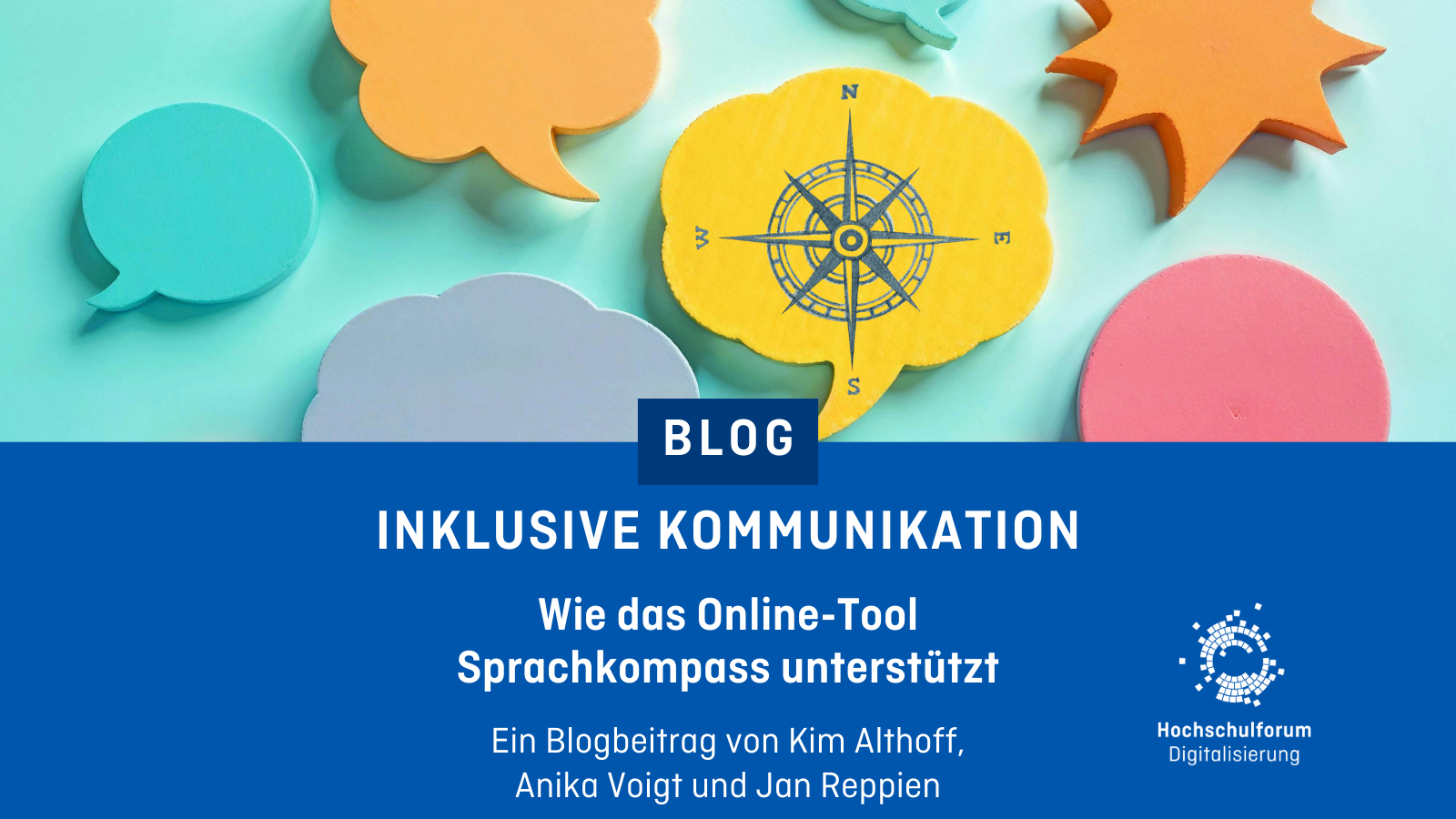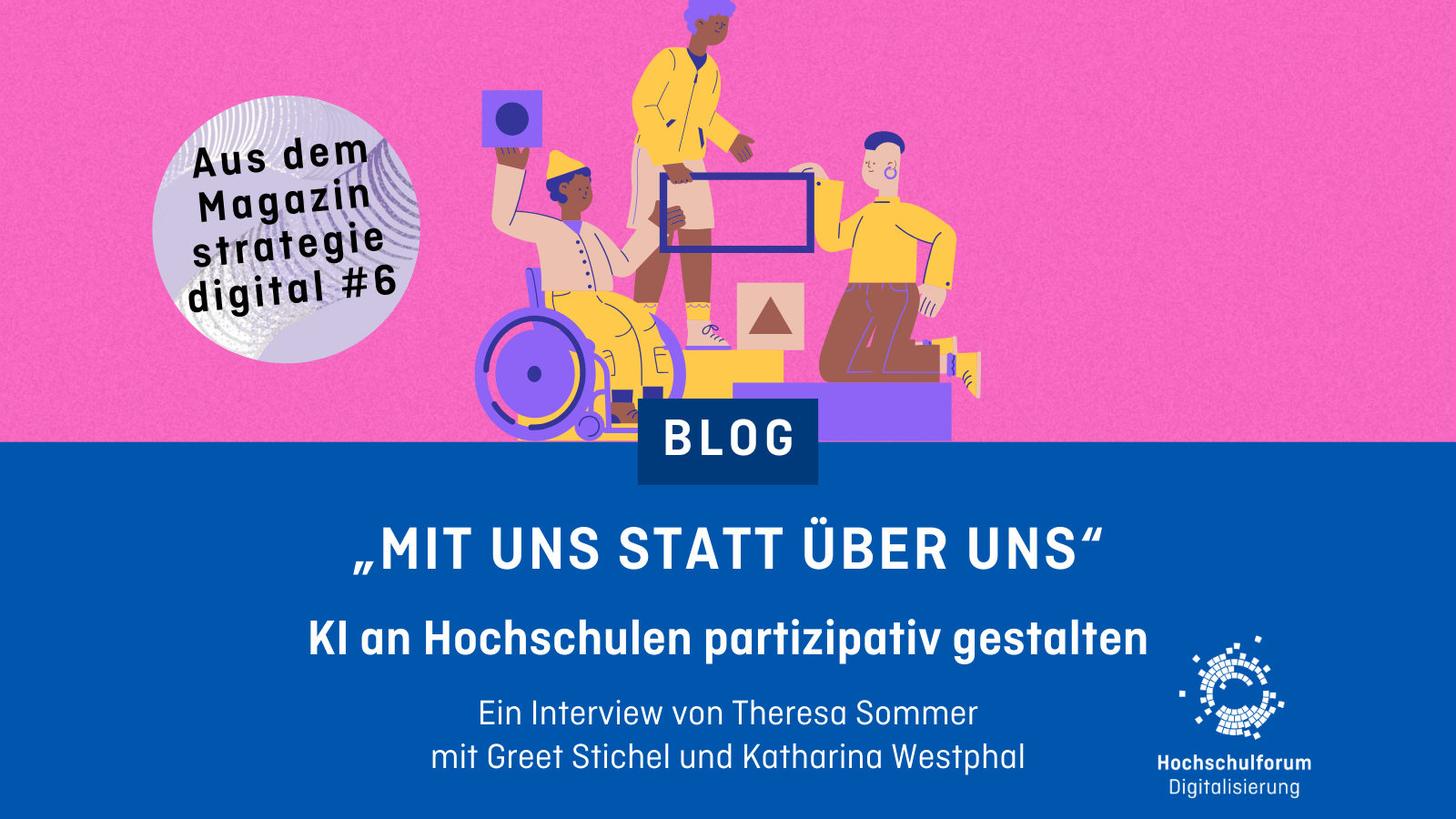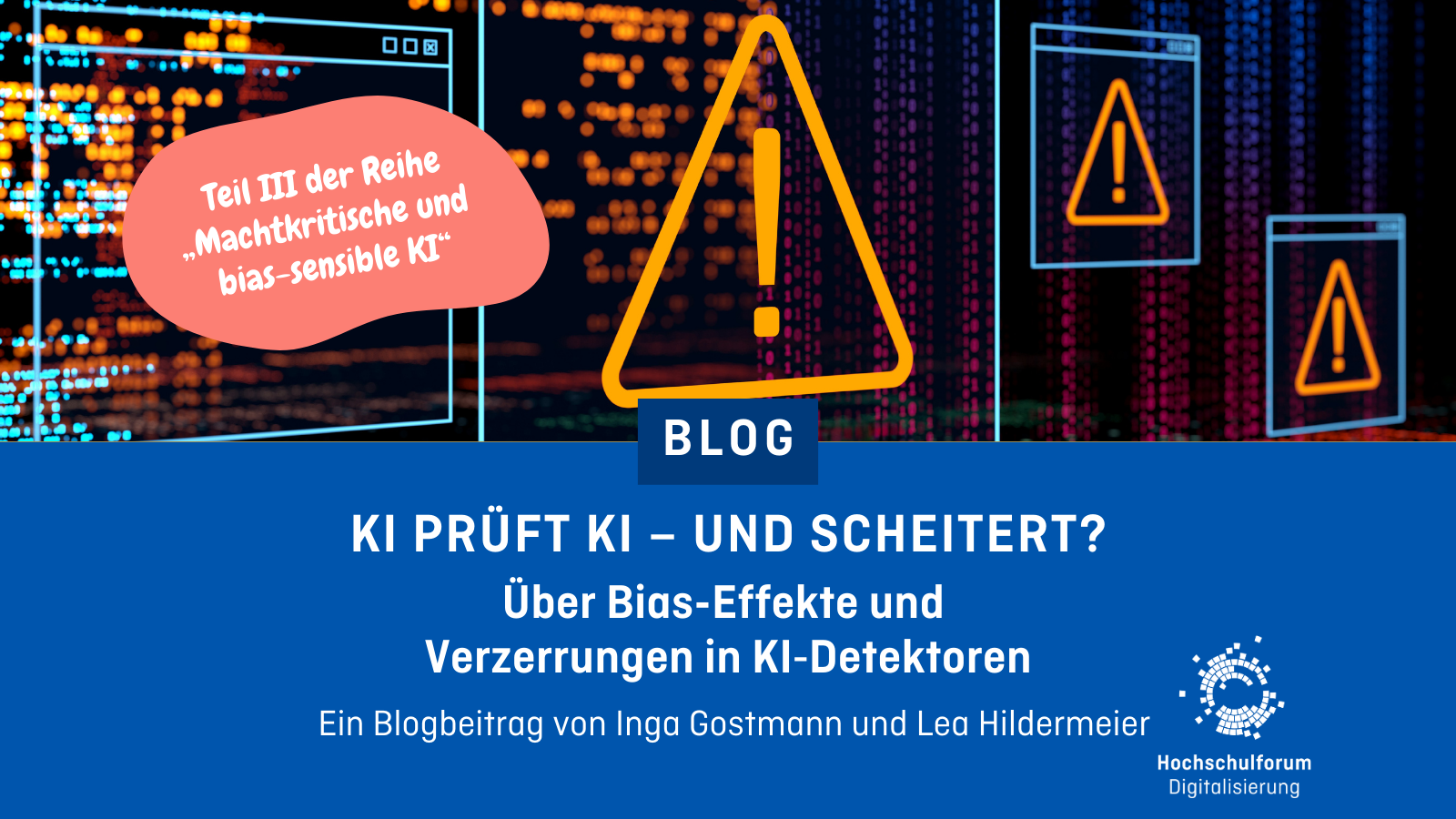Women and Digitalisation – A Love at Second Sight?
Women and Digitalisation – A Love at Second Sight?
15.01.20
The effects of digitisation on work and life are gender dependent. This is not the only reason why women need to be more involved in the research and design of digitisation in order to participate equally in decision-making processes and help shape the digital transformation. In the guest article, Prof. Dr. Swetlana Franken, Professor of Business Administration and Head of the Think Tank Digitalised Working World at Bielefeld University of Applied Sciences, writes about the research results of her current study Gender 4.0.
This article was automatically translated using DeepL Translator. Please excuse any errors.

Women and Digitalisation
In a male-dominated world of IT and engineering disciplines, women are a minority, and the design of digitalisation remains a male domain. This is due both to the still too low number of female graduates of MINT courses and the lack of women in leading positions in Industry 4.0 sectors. According to the Global Gender Gap Report of the World Economic Forum 2019, for example, only just under a quarter of those employed in the AI sector are women, in Germany even only 16 percent. And women are even rarer in decision-making positions where decisions are made about digitization strategies and concrete applications.
Why is it important for women to have a say in shaping the digitalised working world? Because the perception of technology and its consequences, the approaches to problem solving and the effects of digital technology on work and life are gender-dependent.
Opinions on whether men or women are more likely to benefit or suffer from digitisation are divided and contradictory, as there is little research evidence on the subject. Are male or female professions more likely to be threatened by automation and algorithms? Will the compatibility of family and career be improved by making it more flexible or will it tend to deteriorate due to constant accessibility? Which gender is more in need of learning digital literacy, which will soon be required in all professions?
Regardless of how these questions are answered, it is important that women are more involved in researching and shaping digitisation in order to participate in decision-making. The digitised world of work is a design issue, and the impact on people depends on practical implementation, not on technology alone.
Will digitisation make the MINT professions more attractive for women because the flexibilisation of the world of work can bring advantages for female employees? Will agile structures and methods favour women’s careers, since leadership is predominantly understood as shared team leadership, conveying meaning and relationship work? This development is predicted by many researchers, but requires certain preconditions: Women need a positive attitude and motivation towards digital technologies as well as the necessary digital competence to use this technology.
These aspects were investigated in the research project of the Think Tank Digitalised Working World at Bielefeld University of Applied Sciences “Gender and Digitisation: Investigation of gender-specific attitudes of young professionals in relation to digitisation and industry 4.0” (2017-2018).
Gender 4.0
In an online survey of 400 young professionals from Germany (mainly from NRW), it was found that young women are just as open to digital technology as men of the same age. The willingness to use technologies and the positive expectation regarding the advantages of digitalization are strongly pronounced among female young professionals. However, young women have a lot of catching up to do in terms of digital competence – they are less interested in how technology works and are less likely than men to be able to program apps. On the other hand, women use digital technology more intensively than men – young women communicate more often and use digital media for learning. One surprising result of the study is the persistent prejudices regarding women’s digital skills that were expressed by men. While young women rate their digital literacy skills as roughly the same as young men, men are much more sceptical about women’s skills. Obviously, gender stereotypes are still alive.
In the other research projects of the think tank on gender issues (2018 – 2019), the digital and leadership skills of young professionals were examined in more detail and compared with the requirements of companies. Interestingly, women even outperformed men in this respect. The reason for this could be that the digitalised world of work requires not only digital skills in the narrow sense, but also social and team skills, the ability to innovate and learn, and interdisciplinary cooperation, and women often have advantages over men in these characteristics.
The companies involved in the research projects of the think tank report positive experiences with gender-mixed project teams and decision-making bodies that contribute to greater motivation and creativity and make balanced decisions. Many companies are specifically looking for women to help shape the digital transformation because they expect it to improve corporate culture and cooperation. These developments give cause for optimism and give hope that young women will soon be able to take advantage of the opportunities and chances offered by digitalisation.
Further information on the projects of the think tank can be found here.



 Kim Althoff
Kim Althoff 
 Theresa Sommer
Theresa Sommer 
 Inga Gostmann
Inga Gostmann 